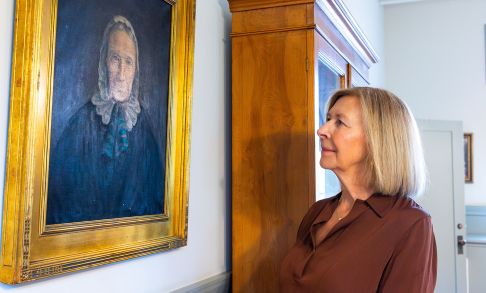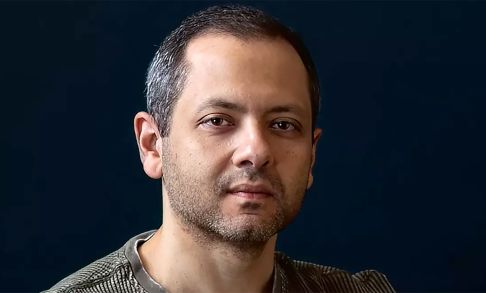Summary
If approved, this historic combination, provisionally the University of the Northwest, would work to create more pathways for students, more avenues for collaboration, and more opportunities for Oregon and the West in an institution that would combine the flexibility and nimbleness of a small school with the breadth and resources of a larger institution.


